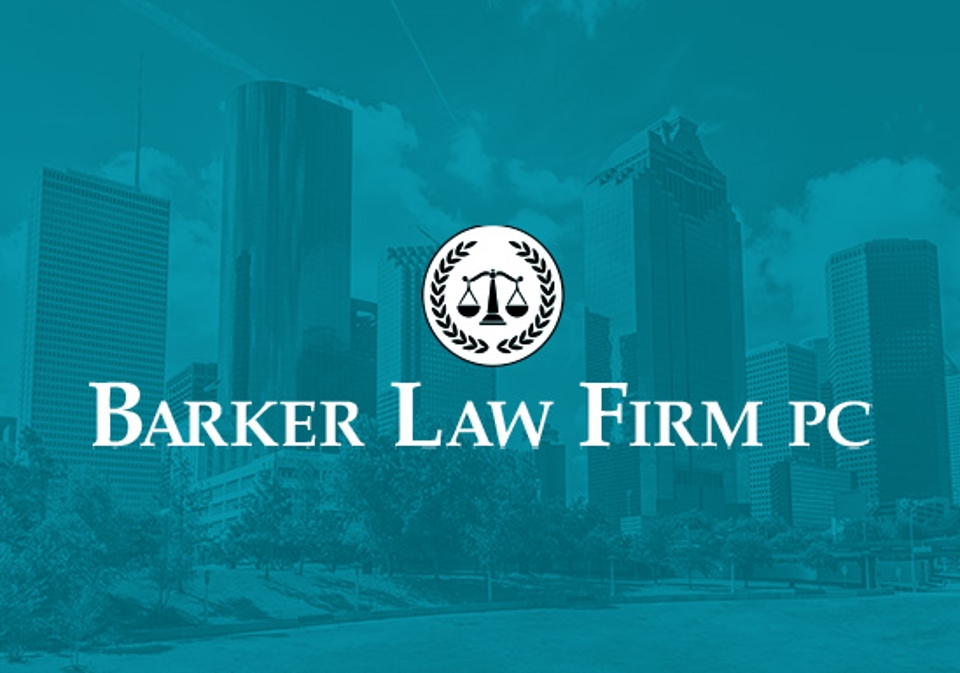Getting older in this country can be difficult. The elderly can lose mental faculties and have to rely on others for even the most basic things. They are often the targets of unscrupulous people who would take advantage of them financially. Many also end up outliving their retirement funds or have unexpected medical problems that leave them destitute. However, there are legal steps that can be taken to ensure that the problems they face are lessened or avoided altogether.
One of those legal tools is guardianship. A guardianship allows another person to manage their health care decisions and financial assets in a case where the elderly person is incapacitated or no longer able to care for themselves. A guardian's responsibilities could include any of the following:
- Making sure the ward (the person who's being taken care of) has the maintenance and care they need.
- Making financial decisions.
- Making medical decisions.
- Ensuring medical services are up to par.
- Make regular updates to the court about the ward's condition. This includes things like their mental state, physical health, monetary assets and any other information the court may need to see that the ward is doing well.
If a guardian isn't chosen, the courts may appoint one themselves. This is typically a spouse, child, brother or sister. Whether you're interested in appointing a guardian in your estate plan or you'd like to become a guardian for a loved one, an attorney who specializes in elder law may be able to lend you a hand.



